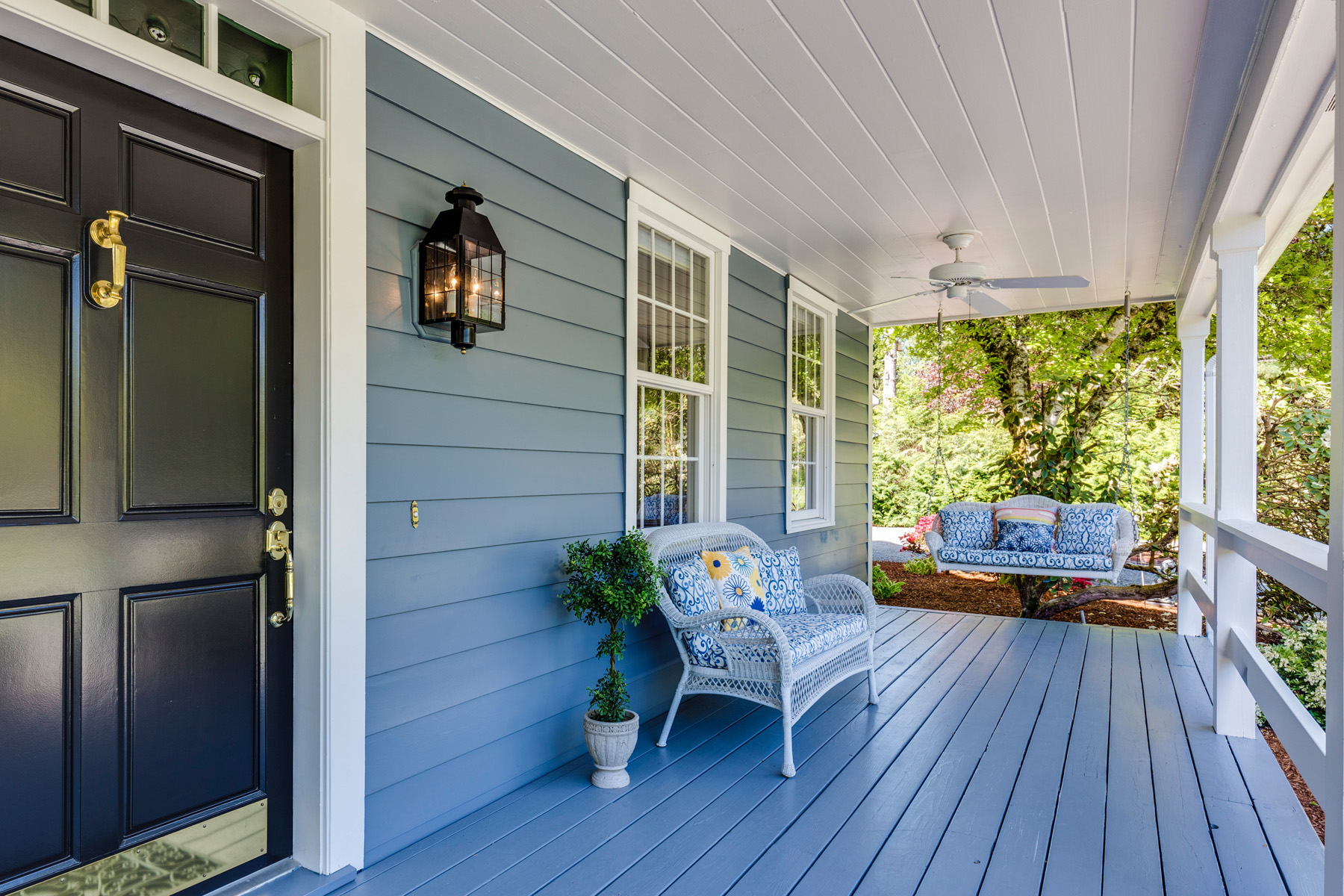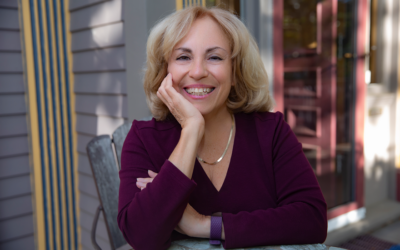A reverse mortgage is a hidden option that can help address inventory shortage and increase the market of potential homebuyers.
It’s been both an exciting and challenging 2021 in the real estate industry.
The big frustration, though, is the lack of inventory, as many Baby Boomers and seniors (among others) hesitate to put their homes on the market.
For those owners who are approaching or reaching retirement, the rapid appreciation of home values is a double-edged sword. They would love to move closer to their families, downsize, or go from a house into a condo—but they’re reluctant to take on monthly mortgage payments again.
They worry that any move will make them as “house poor” as when they started out—quashing their dreams of a comfortable retirement. Or they have plenty of cash that they need to keep investing, and they would suffer financially by withdrawing it prematurely.
Yet, there is an option for these Boomers and seniors that are still relatively unknown—and loan officers are starting to receive more questions about it from realtors.
Understanding H4P Loans
That option is a H4P reverse mortgage [Home Equity Conversion Mortgage (HECM) For Purchase] loan. This specialized instrument, which is insured by the Federal Housing Administration (FHA), enables borrowers who are 62 or older to keep more of the proceeds from the sale of their current residence, buy a home and avoid the burden of monthly mortgage payments.
This kind of loan is potentially available to individuals/couples who are at least 62 years old and can commit to a down payment of about 50 percent of the purchase price, on average. (The exact percentage is determined by their age, interest rates, and other variables.)
What makes it especially interesting to them is the following: As long as they pay their homeowner’s insurance and property taxes, HOA fees if applicable, and keep up general maintenance, they don’t have to repay the loan until they move again. (If they pass away while still in the home, the balance will be deducted from its eventual sale.)
It becomes even more attractive to many of them because of the additional liquidity it can provide—enabling them to help out their adult children, enjoy more daily luxuries, age in place, or increase their charitable giving, for instance.
A Potential Scenario
Here is an example of how a H4P may be helpful:
A couple that has paid off their mortgage might want to move from their current $800,000 colonial to a smaller home in the same town, valued at $600,000.
The sale, though, would net them out very little extra cash for the future.
The H4P gives them a way to pursue a move without so much worry. They will be able to utilize $300,000 of the sale proceeds toward the down payment. They will pay the balance using a $300,000 purchase reverse, which will have no required monthly payments.
Now they can sell their house with peace of mind. They will gain about $500,000 in extra cash from the sale ($800,000 minus the $300,000 they put down). That is a big difference from the $200,000 that they would have seen without the H4P.
New Buying Power
What should borrowers know if they are interested in applying for a H4P for similar benefits?
- They do not have to own a home when they fill out their application.
- Preapprovals can be done in the same timeframes as traditional mortgages.
- Generally, they can purchase a home valued at about twice their down payment.
- They can use the H4P to buy a single or multi-family home or an FHA-approved condo.
- Qualifying is not based on credit scores or DTI (debt-to-income) ratios. However, if borrowers have a history of late payments, lenders will require that money be set aside for taxes & insurance.
- Saving the best for last: Often, these loans will increase borrowers’ buying power. That’s because the amount of money made available will be based on the purchase price of the home, even if it’s higher than the appraised value.
That means boomer/senior borrowers will be even better positioned to compete in this hot homebuyer’s market and to feel that another move is part of their American dream. The result could be a partial solution to the inventory shortage, as these individuals finally decide that it’s time to sell.
Photo Unsplash / Francesca Tosolini
Bonny Gilbert, Esq., is with Fairway Independent Mortgage Corporation, Boston.




